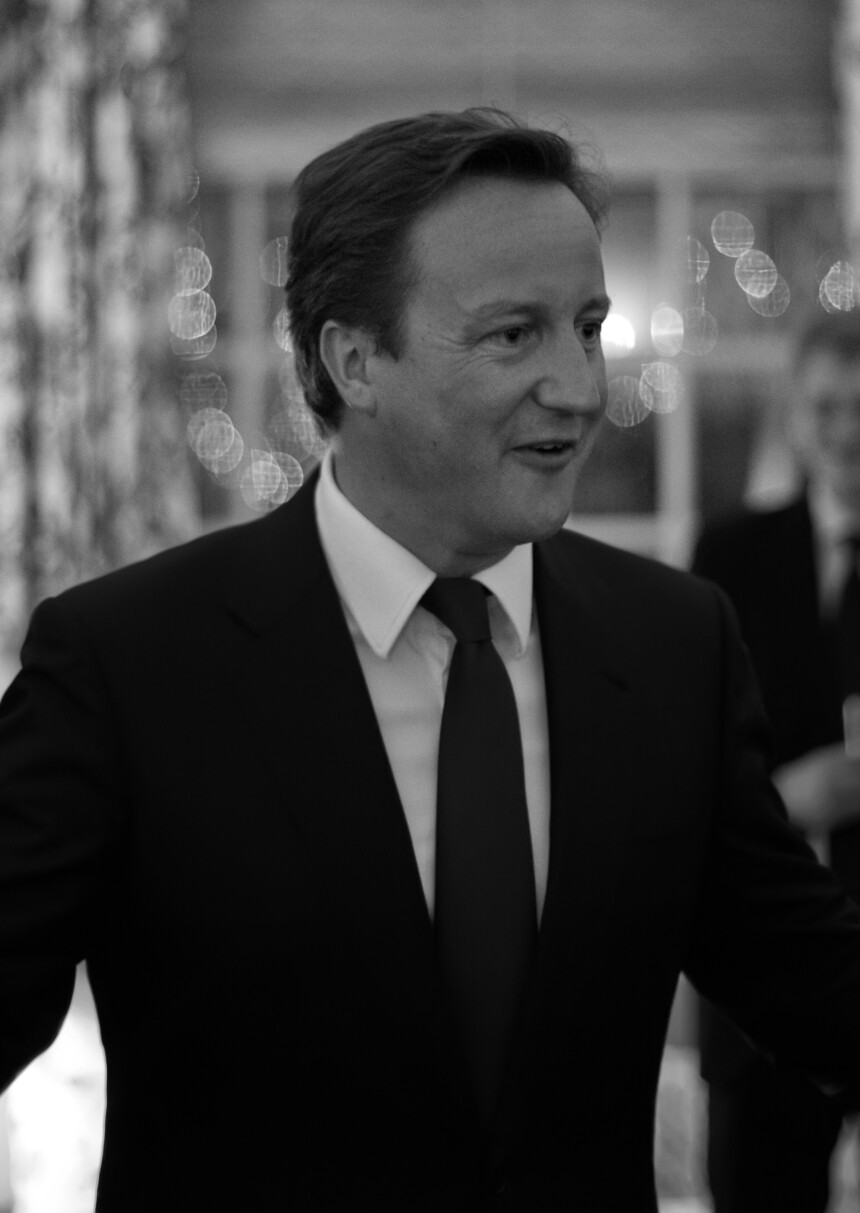Last May, an unnamed friend of U.K. Prime Minister David Cameron was quoted referring to the Conservative Party’s base as “mad, swivel-eyed loons.” This extraordinary outburst illustrates the extent of the rift between Cameron and a large section of his party. Cameron and his progressive followers have never been a good fit for the Conservative Party’s traditional base. Their dislike goes back to his emphasis on green energy when he first became leader in 2005. Over time, tensions have focused on two key issues. The first is the European Union: Many Conservatives believe Cameron cedes too much national sovereignty to Brussels. The second is gay “marriage”: Cameron pushed this through despite majority opposition from his own party.
A growing number of Conservatives are expressing their frustration by defecting to the U.K. Independence Party (UKIP), which was founded in 1993 to protest U.K. membership in the European Union. Cameron referred to UKIP as “fruit cakes and loonies and closet racists” in 2006. Nevertheless, UKIP has been gradually moving out of the fringes and into the mainstream. In the local elections held last May, UKIP won a quarter of all the votes cast in precincts where it fielded candidates. Half of those who voted UKIP identified themselves as former Conservatives.
UKIP’s leader Nigel Farage, himself a former Conservative, is particularly adept at capitalizing on Cameron’s struggles. He responded swiftly to the “swivel-eyed loons” quote by taking out a full-page ad in the right-wing Daily Telegraph. “Only an administration run by college kids, none of whom have ever had a proper job in their lives, could so arrogantly write off their own supporters,” his ad declared.
This language addresses Conservatives’ frustration with their perception that Cameron’s advisors are all scions of wealthy, upper-class families who show little interest in the party’s traditional issues. The person widely believed to have given the “swivel-eyed loons” quote is a member of this group, Lord Feldman. He is the cochairman of the Conservative Party and an Oxford classmate and tennis partner of Cameron.
Feldman made the outburst in response to questions from a journalist about the Conservative stance on the European Union. To try to win back UKIP supporters, Cameron has promised to hold an in-or-out referendum on E.U. membership after the 2015 national election. However, Conservatives distrust him on this point. Before he was elected prime minister, Cameron promised a referendum on the Lisbon Treaty, which expanded E.U. power. After taking office, however, he said the treaty had already been ratified, thus making a referendum impossible. Conservative mistrust was amplified in May when the newly promised referendum was not included in Queen Elizabeth’s speech at the opening of Parliament. Each year, the government writes a speech for the Queen that lays out its new legislative agenda. As a result, nearly half of the Conservative MPs voted for a motion to criticize the speech.
The Queen’s speech also failed to mention the bill to legalize gay “marriage,” even though it was scheduled for a vote just a few days later. The bill attracted vocal opposition from much of the Conservative Party from the moment Cameron proposed it. A majority of Conservative MPs voted against, but the bill passed thanks to near-unanimous support from the Labour and Liberal Democrat parties. Afterward, a group of 35 local Conservative leaders sent Cameron a letter accusing him of treating them with “utter contempt.”
Such open rebellion can only be good for UKIP. The party is widely expected to do well in the European elections next year. But the true test of its mainstream credibility will be the national parliamentary election in 2015. The U.K. voting system strongly favors the larger parties. In 2010, UKIP received nearly one million votes but did not take a single parliamentary seat.
However, major U.K. polls consistently show UKIP gaining ground on the Conservative Party—with Labour ahead of both. If he hopes to stay on as prime minister, Cameron must act decisively to stem the flow of UKIP defections and regain his party’s trust. Until then, as a recent headline in the Daily Telegraph said, for Nigel Farage, “Every day is Christmas.”

Leave a Reply